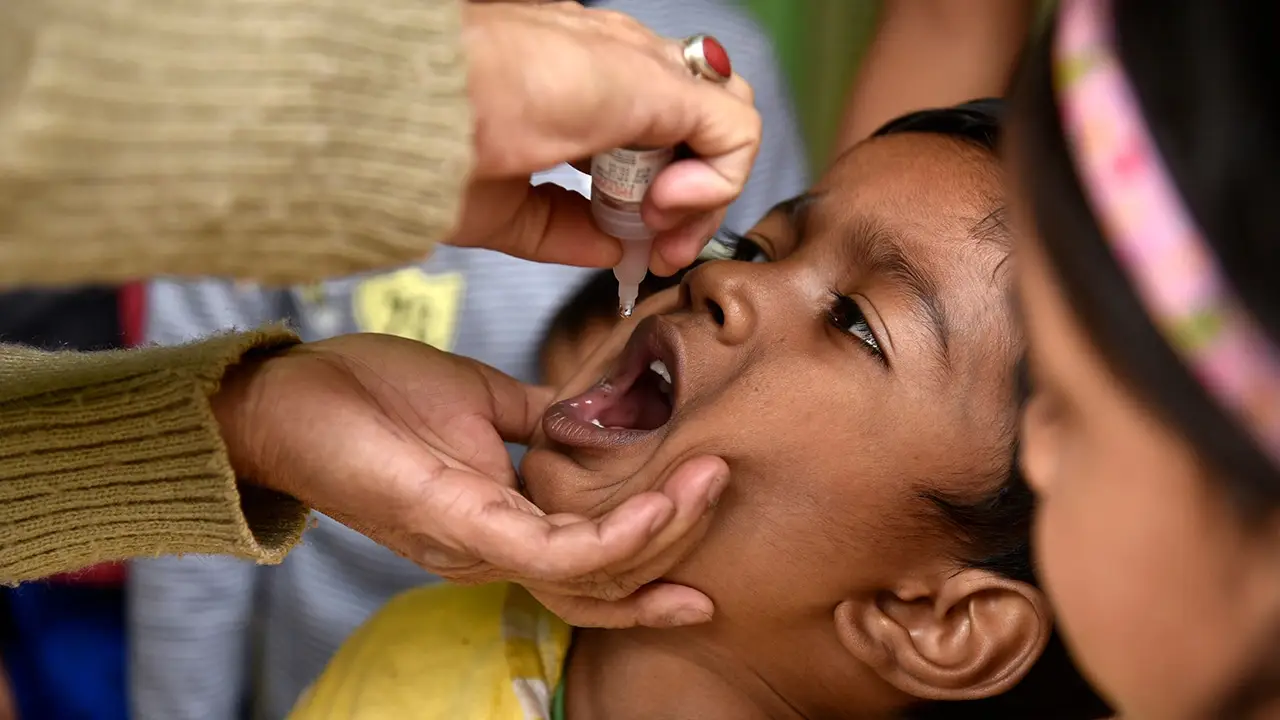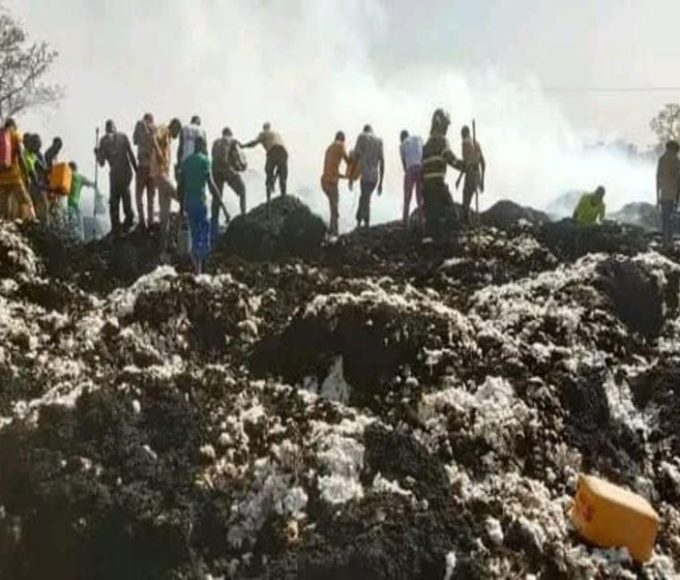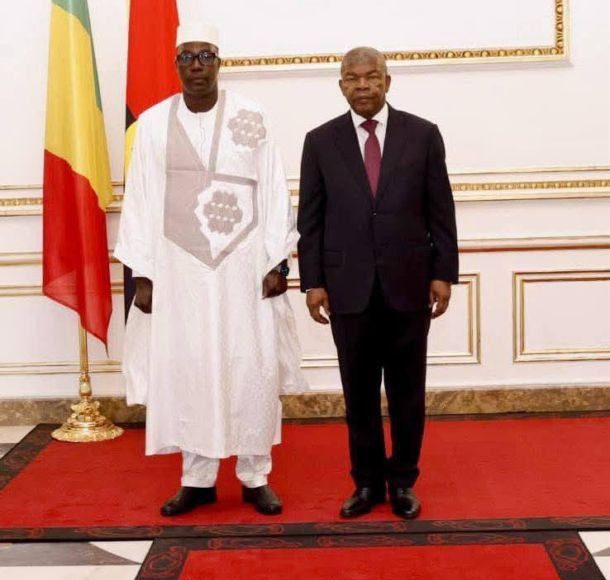
3 Years After Being Declared Polio-Free, Yobe Records New Polio Cases In 3 LGAs

Yobe State has recorded new cases of Polio across three local government areas in Bursari, Machina and Yusufari.
The Executive Secretary of Yobe State Primary Healthcare Management Board, Dr Babagana Kundi-Machina disclosed this at Dole Machina community while flagging off this year’s polio vaccination.
He said the development comes three years after the state was declared polio-free.
In his words:
It’s unfortunate that after three years of being certified polio-free, we have recorded a circulating poliovirus outbreak in three Local Government Areas of Bursari, Machina and Yusufari.”
He said that the state’s government, along with its partners, have embarked on a state-wide outbreak response. According to him, the vaccination exercise will be conducted not only in the affected areas but also the entire 17 LGAs of the state.
“We have just flag-off the campaign at Dole Machina the epicentre where 2 cases were recorded,” he said.
It will be recalled that the federal government reported 70 cases of a polio variant, circulating variant poliovirus type 2 (cVPV2), in 14 northern states, raising concerns over the spread of the virus.
Dr Muyi Aina, the Executive Director of NPHCDA, attributed the continued spread of the virus to low vaccination rates and vaccine refusals during immunisation campaigns.
Polio is a highly infectious disease that largely affects children under five years of age, causing permanent paralysis or death, according to the World Health Organisation (WHO). The virus is transmitted from person to person, mainly through the faecal-oral route or, less frequently, by contaminated water or food. It multiplies in the intestine, from where it can invade the nervous system and cause paralysis.
cVPV2, or circulating vaccine-derived poliovirus type 2, is a strain of poliovirus mutated from the weakened form of the virus originally used in oral polio vaccines (OPV). In rare cases, the weakened virus in the vaccine can change genetically as it circulates in under-immunised populations and regain its ability to cause illness, leading to outbreaks similar to those caused by the wild poliovirus.
- This can occur when vaccination coverage is low, allowing the virus to spread from person to person and allowing it to mutate. cVPV2 is one of the most common types of vaccine-derived polioviruses. To prevent its spread, strong vaccination efforts are important, as it mostly affects areas with low immunisation rates.
Read More:
- Four Employees of Canadian Mining Firm Arrested in Mali for Financial Crimes
- CBN Extends Suspension on Cash Deposit Fee to March 2025
About The Author
Related Articles
Zimbabwe Rejects $350m US Health Deal Over Sovereignty Dispute
Zimbabwe has formally withdrawn from negotiations on a proposed $350 million health...
ByWest Africa WeeklyFebruary 25, 2026Niger’s President Outlines Vision for Strategic Partnership with China
Niger’s Head of State, General Abdourahmane Tiani, has articulated a renewed vision...
ByWest Africa WeeklyFebruary 25, 2026Fire Destroys 140 Tonnes of Cotton in Western Burkina Faso
A major fire has destroyed more than 140 tonnes of cotton in...
ByWest Africa WeeklyFebruary 25, 2026Mali’s New Ambassador to Angola Presents Credentials, Pledges Stronger Bilateral Ties
Diplomatic relations between Mali and Angola entered a new phase on February...
ByWest Africa WeeklyFebruary 25, 2026












Leave a comment